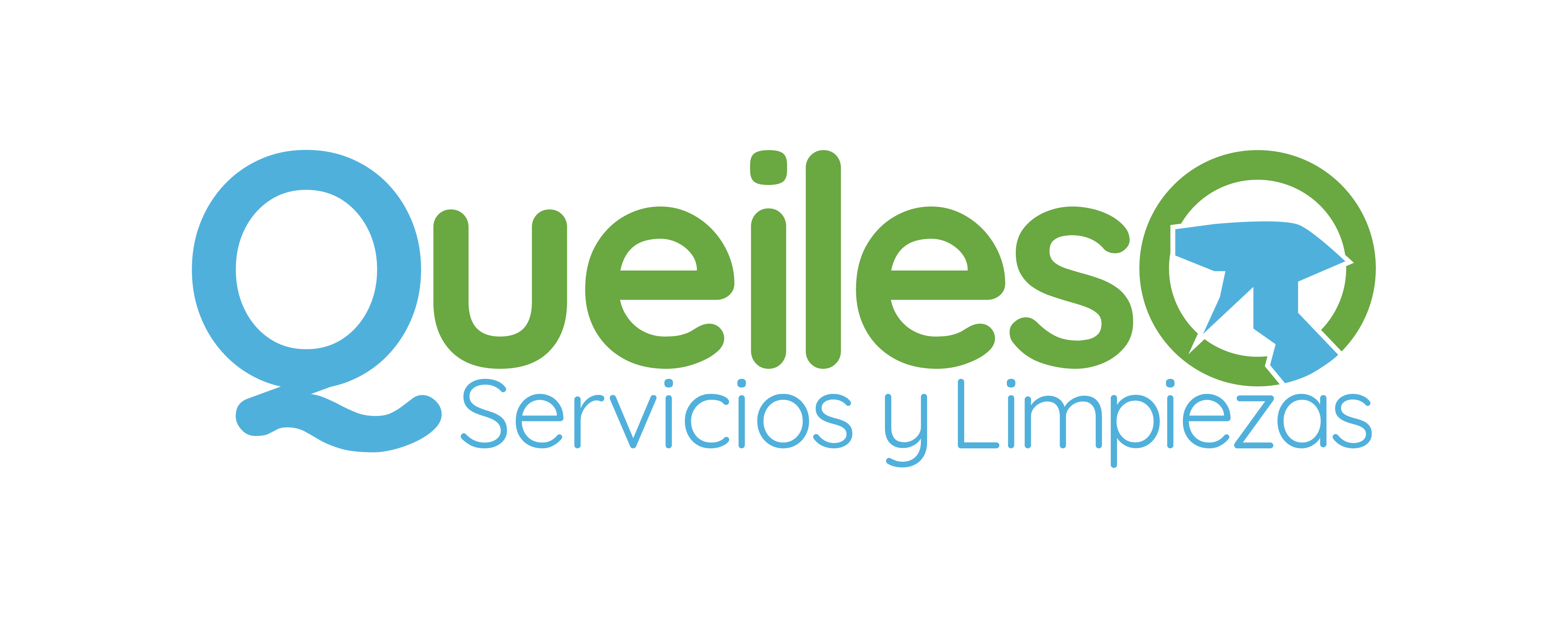What Is Enhanced Due Diligence?
When a company or client has a higher chance of being a victim of money laundering, terrorism financing, and other financial crimes, they require an additional level of due diligence. Known as enhanced due diligence (EDD) it is more extensive than the standard KYC and AML checks by gathering data outside the scope of normal KYC and AML.
This involves identifying the people and entities that have a connection to customers, including the ultimate beneficial ownership (UBO) in revealing the true source for wealth or funds, as well as business activities. It also examines the relationships behind them and examines unresolved transactions and actions that could signal hidden risks.
It’s a crucial aspect in the fight against criminal and terrorist funding. However it’s important to keep in mind that EDD should be analyzed on an individual basis. For example for example, a UK bank account opening optimizing data flow in acquisitions with VDR’s structured repositories with a clear passport, solid address history and no CCJs may not require CDD, while another customer might require EDD because of the high volume of cash deposits, or complex transactions.
The best method to determine if EDD is required is to create a comprehensive risk analysis and screening framework. This should include your internal controls as well as external factors such as negative media, political instability, sanctions and terrorism finance organized crime, money laundering and fraud.
Effective due diligence isn’t about only meeting regulatory requirements or preserving brand reputation. It’s about making a real impact in the fight against global criminality. To accomplish that you require a speedy efficient, accurate and affordable identity verification and EDD solution.

